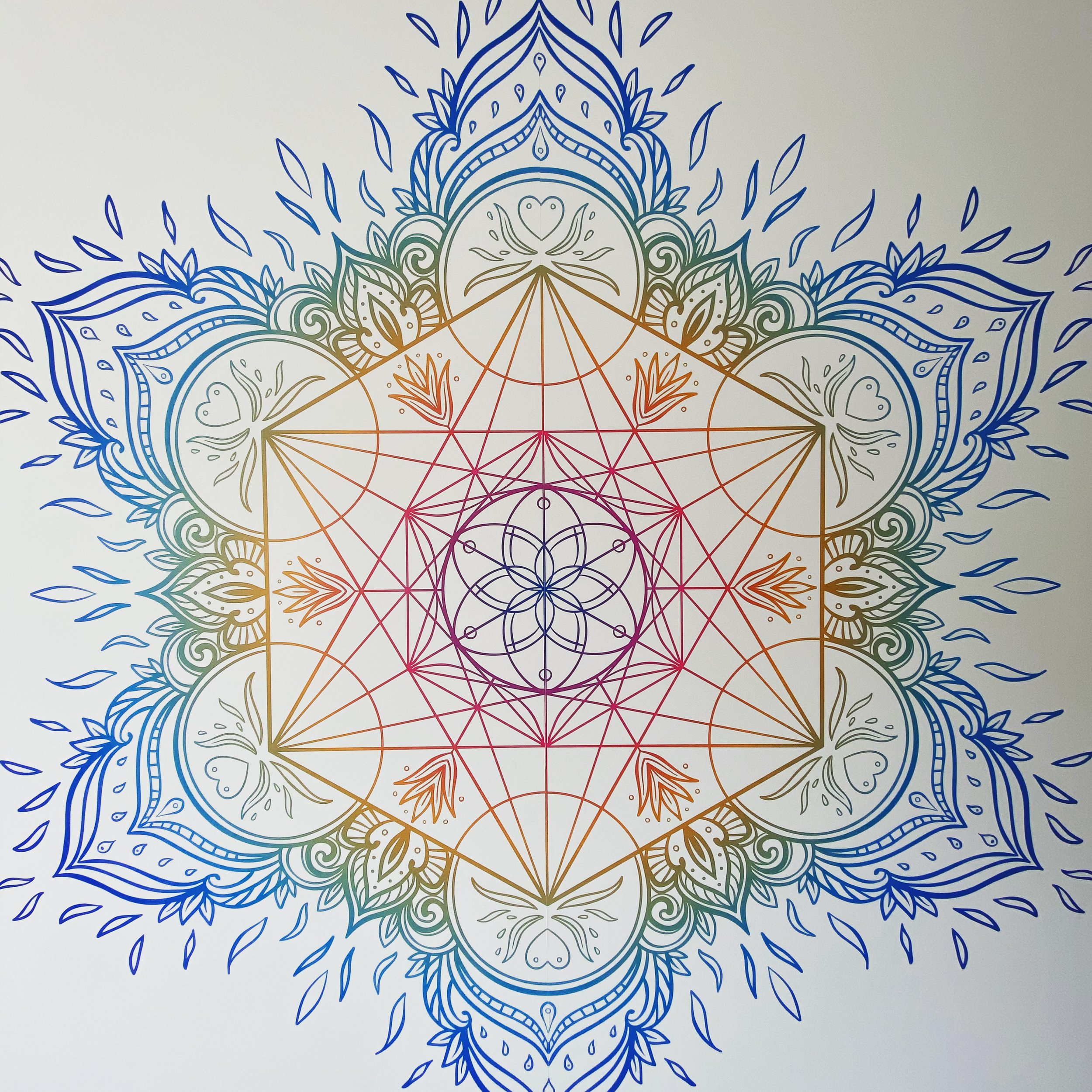
DNI
Introducing Dynamic Neuro-Cognitive Imagery™
Dynamic Neuro-Cognitive Imagery (DNITM) is an imagery-based codified method for movement and postural control retraining. DNI uses progressive movement exercises combined with various methods of imagery to draw participants’ attention to anatomical structures and locations, body biomechanics, as well as spatial and functional relationships between body segments during movement. Thus, participants are trained to observe, contemplate and use enhanced anatomical knowledge to improve movement quality and optimize the movement of the body part (e.g., acknowledging the pelvis location and its counter-rotational motion during gait to facilitate normal gait patterns within the pelvis and lower extremities.) DNI practice integrates movement experience, anatomical and biomechanical knowledge, movement-related imagery inputs and sensory cues, proprioception, self-talk and self-touch.
DNITM is a novel, academic term comprising the “Franklin Method” (the imagery method developed by Eric Franklin) and its associated knowledge together with current updates and advancements from our clinical experience and related academic research.
To date, DNITM is the only comprehensive imagery training approach that provides participants and students with a systematic approach to learning and using imagery for sports, dance and daily life performance. As such, it can be applied to all movement techniques and exercise regimen, including Yoga, Pilates, Feldenkrais, etc. DNITM is also the only approach that offers regulated teachers’ training courses with well-established syllables and a faculty of officially trained teachers.
Scientific studies have shown that training with DNITM resulted in improved biomechanical and qualitative aspects of dance movement performance in 18 college dance students and resulted in a significant improvement in jump height in 13 college dance students. Recently, we determined that performance of developpé (a complex dance movement), as measured by leg lift height, was significantly improved in 34 college dance students following an intensive, 3-day DNITM training. This training also improved participants’ imagery ability (measured with a standardized questionnaire) (Abraham, Gose, and Hackney, in preparation).
